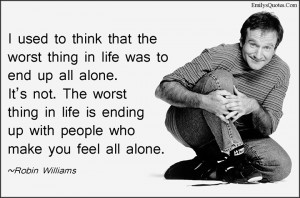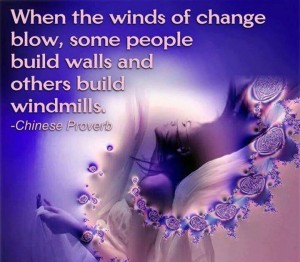What’s in your emotional toolkit? Jennifer Boyatt, life coach and speaker, believes we all have the strategies and skills necessary to cope with life in our toolkits. It’s just how or if we use them that makes the difference between healing or coping.
Jennifer lived through her own painful marriage, depression, anxiety, loneliness, self-hatred and addiction. When her husband passed away from cancer, Jennifer became a widow with six children. Instead of giving up, Jennifer started her journey of healing. I found Jennifer’s blog inspirational. I hope you do too.
TOOLKIT
Healing and coping are two different things. When you are coming from a place of dysfunction (like I was), sometimes your first steps are coping steps. For me, I learned strategies and skills that allowed me to navigate my challenges and still function in the world. I call that my toolkit. I can still call upon that whenever I need to. Of course, there is not always a clear demarcation between coping and healing, and there doesn’t need to be. Sometimes they overlap.
But I just know that in my experience when I took early steps and decisions to be able to cope and function, this was good, but it meanwhile took massive amounts of energy to maintain. I was willing for that. I pushed through everything. I was willing for that. I was exhausted and still had a lot of breakdowns.
Healing, for me, was breakthrough learning, decisions, experiences, magic where all of a sudden (or gently over time), I was released from the struggle. I was able to live and act without consciously having to push through everything. I just lived. The weight of the energy it had taken to do the same kind of thing with my toolkit, was no longer there once I healed. I became free.
Coping is still important in the journey. Strategies in the toolkit can include specific thoughts to think, ways to induce or maintain specific emotions, scripts of things to say, habits to have in the day, and much more. (I have been sharing some toolkit ideas for the past few blog posts.) I love the toolkit, because whenever I am faced with “new ground” that my healing may not cover yet, I can rely on my toolkit instead, that allows me to take stock and continue breathing and walking as I meanwhile seek for healing.
What is in your toolkit?


